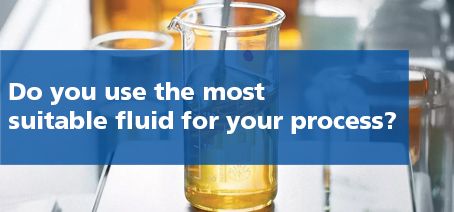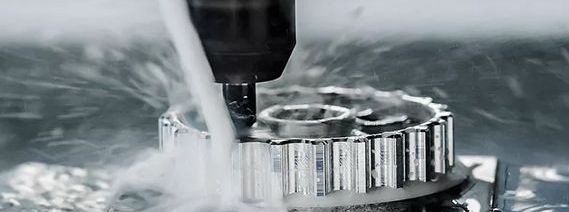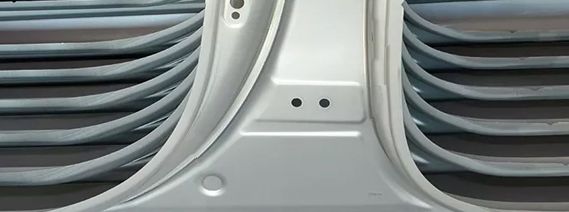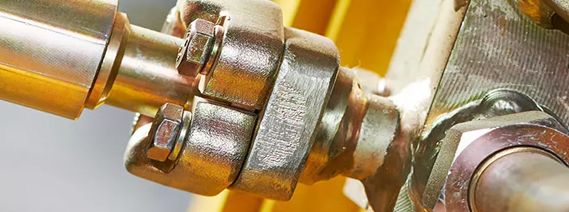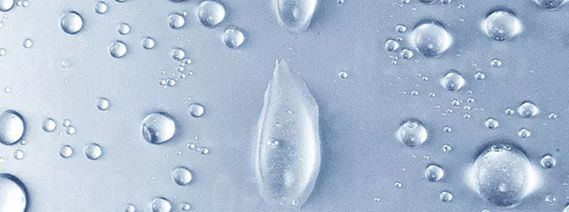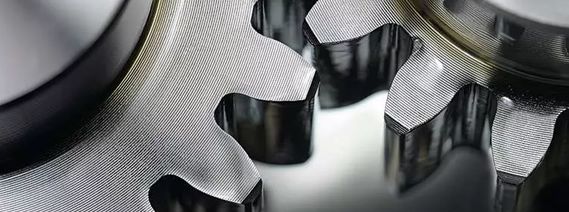Evaluation of fluids and oils for metal processing
Are you using the most appropriate fluid for your process?

At FUCHS we have developed a complete programme to evaluate the performance of hydraulic, machining, forming, stamping, cleaning and degreasing fluids suitable for different applications and processes by analysing their performance over several cycles.
> Evaluate and improve your process
> Optimise the performance of the fluids you use
> Save production and maintenance costs
> Guarantee full compatibility between all the fluids in your production process
What tests do we perform and with what kind of solutions?
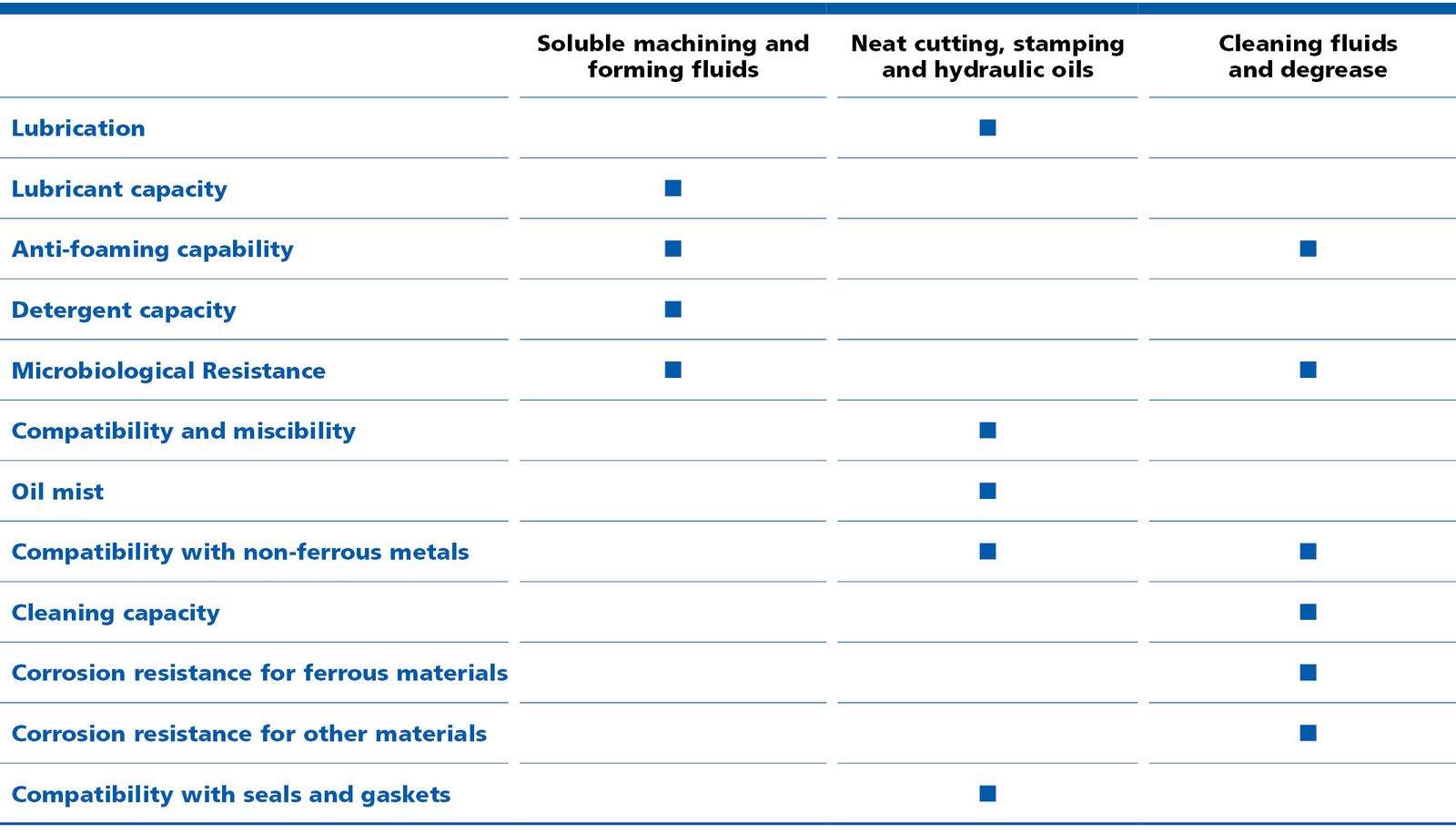
More information on the trials we conduct

Lubrication
We carry out comparative studies of the lubricating properties of oils to reduce tool wear and downtime due to machine changes or adjustments.

Detergent capacity
One of the most important aspects is for the machining or grinding fluid to have excellent wetting properties in order to quickly and efficiently remove the chips and the heat generated at the cutting area.

Oil mist
We compare the mist generated by different oils, identifying and working on the affected work area, achieving a more pleasant and healthy working environment for the operators and considerable product savings.

Cleaning capacity
We evaluate the cleaning capability of different processes: direct cleaning by immersion, spraying, ultrasonic degreasing, and we also have equipment that can reproduce any industrial cleaning process. We can even simulate rinsing and passivation, all this while testing different parameters according to needs.

Detergent capacity
One of the most important aspects is for the machining or grinding fluid to have excellent wetting properties in order to quickly and efficiently remove the chips and the heat generated at the cutting area.

Microbiological Resistance
In our Microbiology Laboratory we test the resistance of emulsions and degreasing solutions against microbiological contamination by performing the Challenge Test.

Compatibility with non-ferrous metals
It makes sure that the product you are using is compatible with all the metals that have contact with the fluid. This is mainly important for non-ferrous metals: brass, bronze, copper, aluminium, etc.

Corrosion resistance
Corrosion is one of the most important factors in assessing a degreasing fluid and one of the aspects that most influences the final quality of the parts. For ferrous materials we perform corrosion tests on paper, in humidity chambers and in salt fog chambers. For other materials we use techniques that assess the corrosion resistance on the part or material.

Anti-foaming capability
The presence of foam causes operational and economic damage and can affect the effectiveness of the equipment and the quality of parts. We quantify the volume of foam generated and its breaking speed and analyse its evolution over several cycles.
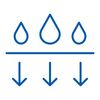
Compatibility and miscibility
We ensure that the proposed alternative is compatible and miscible with the oil currently in use. This avoids unnecessary oil changes, reduces the downtime that these and maintenance cause, and saves costs due to waste management.
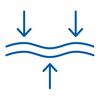
Compatibility with seals and gaskets
We immerse the seal in the fluid and measure changes in volume, cracks and alterations in the natural state of seals and gaskets.

